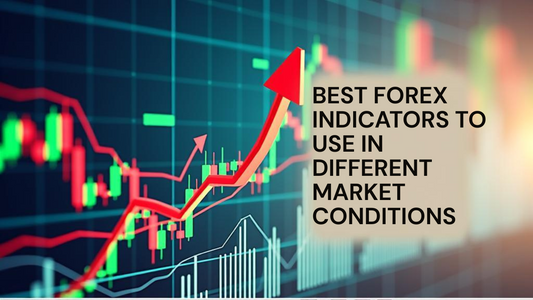
The Most Effective Strategies for Managing Forex Trading Emotions
Share
Forex trading can be an exhilarating and potentially profitable venture, but it also comes with its fair share of challenges. One of the biggest hurdles that traders face is managing their emotions. The fast-paced nature of the forex market can trigger a range of emotions, from excitement and greed to fear and frustration. These emotions can cloud judgment and lead to impulsive and irrational decision-making, ultimately resulting in poor trading outcomes. However, with the right strategies, traders can effectively manage their emotions and improve their overall trading performance.
1. Develop a Trading Plan
A well-defined trading plan is essential for managing emotions in forex trading. It provides a clear roadmap for your trades and helps you stay focused on your goals. Your trading plan should include your trading strategy, risk management rules, and specific entry and exit criteria. By following a plan, you can reduce the impact of emotional decision-making and stick to a disciplined approach.
2. Practice Patience
Patience is a virtue in forex trading. It's important to wait for the right trading setups and not rush into trades based on impulsive emotions. By practicing patience, you can avoid entering trades that don't meet your criteria and increase the probability of success.
3. Set Realistic Expectations
Setting realistic expectations is crucial for managing emotions in forex trading. It's important to understand that forex trading is not a get-rich-quick scheme and that losses are a part of the game. By having realistic expectations, you can avoid being overly disappointed or frustrated when trades don't go as planned.
4. Use Stop Loss Orders
Stop loss orders are an effective risk management tool that can help limit losses and prevent emotional decision-making. By setting a stop loss order at a predetermined level, you can automatically exit a trade if it goes against you. This can help you avoid holding onto losing trades in the hope that they will turn around, which often leads to bigger losses.
5. Practice Mindfulness and Self-Awareness
Mindfulness and self-awareness are powerful tools for managing emotions in forex trading. By being aware of your emotions and how they can impact your decision-making, you can take a step back and make more rational choices. Practicing mindfulness techniques, such as deep breathing and meditation, can help calm the mind and reduce stress during trading.
6. Learn from Mistakes
Mistakes are inevitable in forex trading, but they can also be valuable learning opportunities. Instead of dwelling on losses or beating yourself up over poor trades, use them as a chance to learn and improve. Analyze your mistakes, identify patterns, and make adjustments to your trading strategy accordingly.
7. Seek Support
Forex trading can be a lonely endeavor, but it doesn't have to be. Seek support from fellow traders or join trading communities where you can share experiences, seek advice, and gain perspective. Having a support system can help you navigate the emotional ups and downs of trading and provide valuable insights.
Managing emotions in forex trading is a continuous process that requires self-discipline, self-awareness, and practice. By implementing these strategies, you can develop a more balanced and rational approach to trading, leading to improved outcomes and long-term success.



